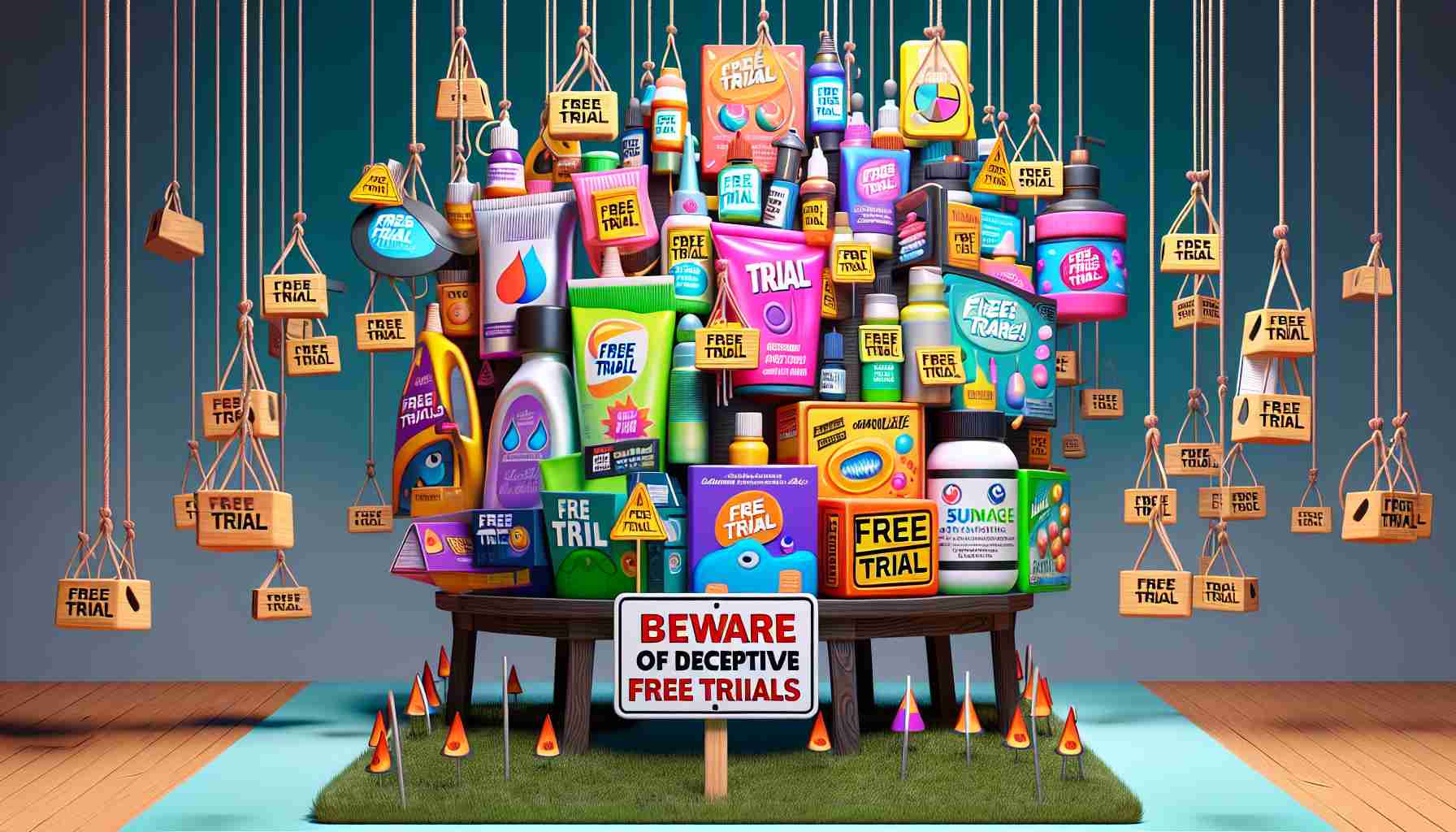
Unsuspecting consumers are falling prey to misleading “free trial” offers, only to find themselves trapped in automatic subscription schemes with no way out.
A recent incident in Zhengzhou, Henan, saw Ms. Wu download a photo editing app for a specific filter, promising a “7-day free trial with a convenient cancel anytime policy.” However, she was shocked to discover her account debited with a full year’s membership fee immediately after signing up. Similar deceptive practices have been reported by consumers nationwide.
How Do These Traps Work?
Eye-catching Promises: Apps strategically place offers like “1 yuan for 7 days” in large fonts while burying the auto-renewal details in small, obscure text. This tactic is designed to mislead consumers into agreeing to unexpected charges.
Elusive Customer Service: Many apps provide fake or nonexistent customer service contacts, making it nearly impossible for users to seek refunds or resolve billing issues.
Subscription Dilemma: Once users click on a free trial, some apps automatically trigger payments in the background, making it challenging to opt-out and leading to unauthorized charges.
Protecting Consumer Rights:
Experts recommend enhanced regulatory efforts and collaboration among authorities, industry associations, and consumer protection groups to establish clear guidelines for free trial practices. Consumers are advised to carefully review terms and conditions, avoid clicking on suspicious offers, and be wary of obscure subscription terms.
By staying informed, vigilant, and proactive, consumers can navigate the digital landscape and steer clear of deceptive practices in the ever-evolving world of free trial offers.
Avoiding Deceptive Free Trials: What Consumers Need to Know
As consumers navigate the digital realm, the prevalence of deceptive “free trial” offers continues to pose a significant risk. While some tactics are well-known, there are crucial aspects that individuals must consider to safeguard themselves from falling into subscription traps.
What Are the Key Questions Consumers Should Ask?
When considering a free trial, it is essential for consumers to ask:
1. How long is the free trial period?
2. What are the exact terms of the subscription agreement?
3. How can I cancel the subscription if needed?
4. Is there a clear contact information for customer support?
By seeking answers to these questions before engaging with any free trial offer, individuals can make more informed decisions and avoid potential pitfalls.
Challenges and Controversies
One of the significant challenges in combating deceptive free trials lies in the varying interpretations of what constitutes transparent disclosure. While regulations exist, enforcement can be lax, allowing unscrupulous companies to exploit loopholes and continue their misleading practices.
Advantages and Disadvantages of Free Trials
Advantages: Free trials can provide consumers with an opportunity to test a product or service before making a financial commitment. They can also be beneficial for businesses to attract new customers and showcase their offerings.
Disadvantages: The main disadvantage of free trials is the potential for consumers to inadvertently enter into costly subscriptions due to unclear terms and hidden fees. Moreover, managing multiple trial subscriptions can lead to confusion and unexpected charges.
While free trials can be advantageous when used judiciously, consumers must approach them with caution and awareness of the associated risks.
Additional Resources
For further information on consumer rights and tips on avoiding subscription traps, visit Federal Trade Commission. You can also explore valuable insights from the Consumer Financial Protection Bureau to enhance your knowledge and protect your interests in the digital marketplace.
